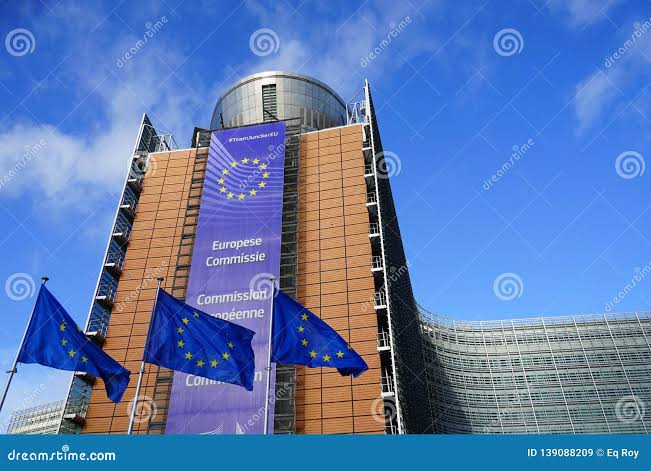By Linus Aleke, Abuja
The European Union (EU), has announced €201 million in humanitarian aid to address the needs of the most vulnerable people affected by the humanitarian crisis in Burkina Faso, Cameroon, Chad, Mali, Mauritania, Niger and Nigeria.
Modestus Chukwulaka, Press Officer, Delegation of the European Union to the Federal Republic of Nigeria and ECOWAS, Politics, Press and Information Section, in a statement, said, the announcement came on the occasion of the Senior Officials Meeting on Sahel and Lake Chad, attended by Commissioner Janez Lenarčič in Brussels.
The new funding, Mr. Chukwulaka said, will support food security, assistance for malnutrition, health care and protection, water, sanitation and hygiene, shelter and education activities, as well as the transportation of humanitarian workers and supplies to remote and inaccessible locations.
The Press Officer, also noted that the EU humanitarian aid response will continue to focus on the countries and areas directly affected by ongoing insecurity and conflict, including West Africa’s coastal countries already impacted by the spill-over from Central Sahel.
Giving a breakdown of the support to the affected countries, the EU said that the overall funding will support humanitarian projects in: “Burkina Faso (€26.9 million); Cameroon (€21 million), Chad (€57.9 million, including the newly allocated €8.7 million in response to the consequences of the conflict in Sudan to the neighbouring countries and another €3.1 million to support an EU Humanitarian Air Bridge operation in the East, in addition to the initial €45.3 million announced by Commissioner Lenarčič during his visit to the country at the end of January 2024). Mali (€24 million); Mauritania (€5.7 million, including the reinforcement of €3 million allocated in January 2024 in response to the increasing number of Malian refugees in Mauritania), Niger (€24.6 million), Nigeria (€31.5 million)’.
EU Commissioner for Crisis Management, Janez Lenarčič, said, insecurity, violence and over a decade of armed conflict is driving communities in the Sahel and Lake Chad regions to new depths of suffering.
According to him: “Today, over 35 million people across these regions are in need of aid, while the humanitarian crisis is now spilling over into West Africa’s coastal countries. At the same time, we are facing an increasingly shrinking response capacity and humanitarian access. It is therefore crucial that the international community scales up its efforts to bridge the growing gap between human need and available resources. The EU is doing its part by increasing its pledge for 2024 to over 200 million euros across the two regions. I urge the rest of the international community to play it part”.
The Press Officer, concluded that the funding also supports the response to epidemics and population movement, through the allocation of €2.4 million through the Emergency Toolbox, an instrument to assist in sudden-onset crises specifically dedicated to emergency response for vulnerable people outside the EU.












